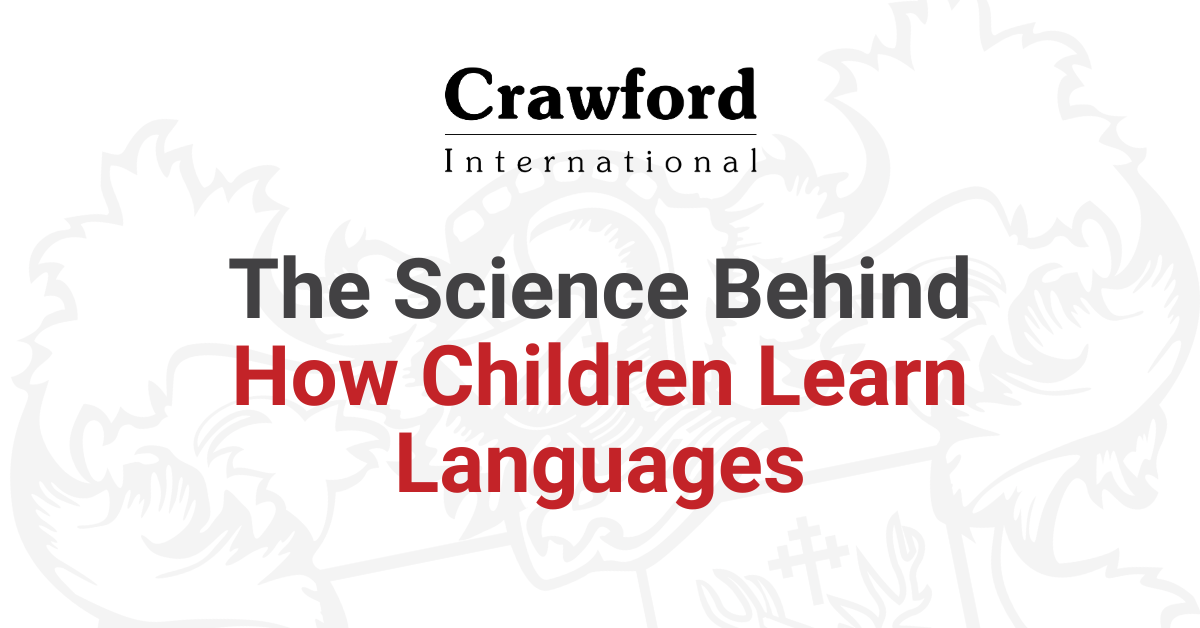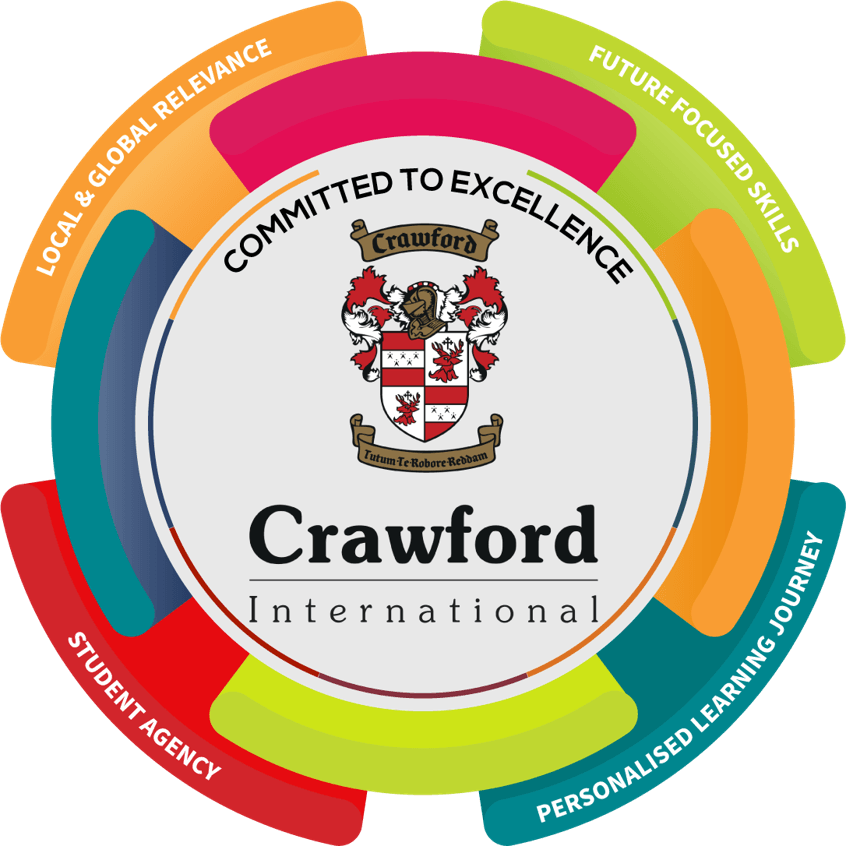Give Them a Voice, Give Them a Choice!
ADvTECH Group • July 10, 2021
Do you know what sets Crawford International Schools apart from all other schools in South Africa?

It comes down to an educational environment infused with unique learning opportunities, embracing endless dynamic experiences, that encourage our students to explore and understand the world around them.
Crawford International has four dynamic, internationally aligned academic pillars that all our schools foster and include across all teaching and learning. These pillars focus on our educational offering: Being Locally and Globally Relevant, Embedding Future Focused Skills, Designing a Personalised Learning Journey and Empowering Student Agency. Collectively, all of these offer Crawford International students an education beyond expectation.
In this blog we delve into the detail of our Pillar focused on Student Agency, and the exciting concept of ‘Voice and Choice’
Student Agency
What is Student Agency you ask?
The term refers to the action of learning through engagements and experiences that are meaningful and important to the student. These interests are often driven by the student’s own wonder, curiosity and the exploration of these is often self-initiated.
To put it simply, Student Agency is the act of a student shaping their own education by a) Voicing their ideas, designing their own inquiries, leading discussions, and setting goals; and b) Choosing how they learn and how they communicate their new understandings.
Voice and Choice
Traditionally, South African schools were governed by set rules, regulations and procedures, and conformity was non-negotiable. Traditional teachers were mostly dictators with a ‘my-way-or-the-highway’ stance to learning and students were considered just a small part of a greater whole.
Crawford International Schools work differently, embracing the individuality of their students and encouraging them to make important decisions for themselves in regard to their own learning journey.
Choices students are encouraged to make include:
- Choosing their own bouquet of subjects,
- Choosing which teachers they would like to work alongside,
- Choosing to adopt practices that suit their learning styles,
- Choosing which multiform combination they would like to wear.
Personal Investment
It’s a fact that the concept of ‘Voice and Choice’ not only helps students to feel personally invested in their own education, but it also allows them to be actively involved in shaping their own learning pathways, progress and ownership of the journey they are personally part of. It’s a concept that centres on the sharing of knowledge, skills, ideas and understanding of deeper concepts, rather than a one-way push of information.
Disengagement
Student disengagement has long been a challenge for all schools, but it has been proven that with concepts such as ‘Voice and Choice’, students are naturally more engaged, willing to participate, debate and be actively involved in lessons. This is because they have been given the opportunity to capitalise on their interests, passions and their strengths, which naturally raises their level of commitment in learning. And with increased engagement in lessons comes increased performance as students identify their next steps to their own success and progress.
Transitions
School leaders and world educators have said that schools that have authentically implemented Student Agency as ‘Voice and Choice’ into their learning model, have experienced a far smoother transition into blended, online and distance learning, in the face of the current worldwide pandemic.
This is because students as agents of their own learning do not need to wait for a teacher to tell them what to do. These students are able to more readily move forward academically, compared to others who have never had the experience of taking ownership in shaping the path of their learning.
Student Agency, featuring the concepts of ‘Voice and Choice’ learning is just one of the dynamic educational pillars offered by Crawford International Schools to our students.
There are a further three unique learning pillars to explore, including:
• Being Locally and Globally Relevant
• Empowering Future Focused Skills; and -
• Designing a Personalised Learning Journey
We will explore insights into the other three pillars over the coming weeks.
For more information on this or any other Crawford International Schools related content, visit www.crawfordinternational.co.za













